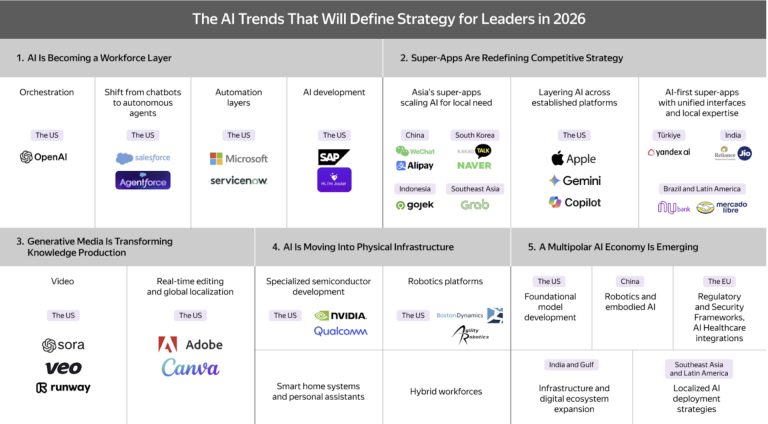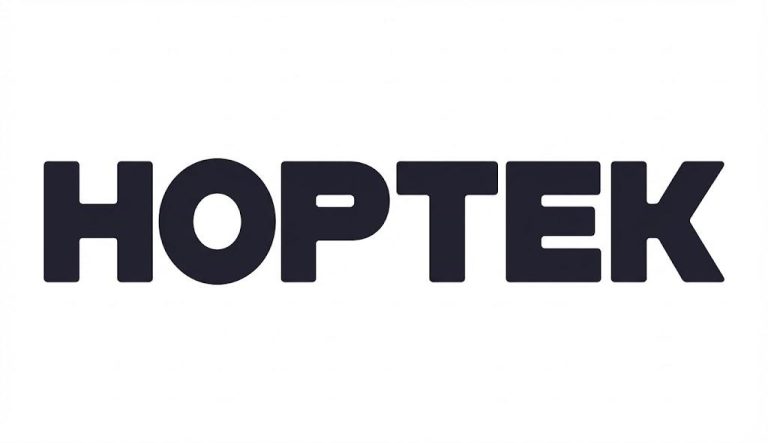
This article adheres to strict editorial standards. Some or all links may be monetized.
Once you turn 65, there is a 70% chance that you are going to need some kind of long-term care during the remainder of your lifetime, according to LongTermCare.gov [1].
Unfortunately, paying for this care can be very difficult: Genworth’s Cost of Care Survey [2] shows the median cost of a semi-private room in a nursing home in the US was $111,325 per year in 2024.
Must Read
- Thanks to Jeff Bezos, you can now become a landlord for as little as $100 — and no, you don’t have to deal with tenants or fix freezers. Here’s how
- I’m 49 years old and have nothing saved for retirement — what should I do? Don’t panic. Here are 6 of the easiest ways you can catch up (and fast)
- Dave Ramsey warns nearly 50% of Americans are making 1 big Social Security mistake — here’s what it is and 3 simple steps to fix it ASAP
Let’s say that your 80-year-old mother spent a month in the hospital and was sent to a skilled nursing facility because she’s unable to manage on her own.
However, her insurance claims she doesn’t need care and the nursing home wants to take all her Social Security and pension checks to pay the bills.
Can the nursing home take that money, even though your mother has bills to pay, debts she took on before getting sick and a home she wants to maintain after she gets out of the care facility?
Here’s what you need to know.
Can a nursing home or skilled nursing facility take your money?
The first thing to know is that Medicare is probably your mom’s insurer, as it covers most Americans who are 65 and over.
If your mom has chosen a Medicare Advantage Plan, it will be administered by a private insurer and it must cover all that Medicare does.
Medicare does not ever cover routine nursing care (called custodial care) for those who can’t do basic life tasks. Medicare does cover skilled nursing care for up to 100 days but only under limited circumstances such as when you’ve just left the hospital.
Since your mother did just leave the hospital, you may want to appeal the denial of the skilled nursing care. If her doctor or care provider believes your mother needs skilled care, you should see if they will support your efforts to file an appeal with Medicare.
Medicare has information on how you can appeal a denial to try to get covered.
If your appeal isn’t successful, your mother will be considered a private pay patient. While she will not have her benefits seized, she will be billed for nursing home care and expected to pay the bills. Nursing homes usually bill in advance, so she’ll have to cover her costs to keep her place.
If your mother cannot pay, the nursing home can ask her to leave with "reasonable and appropriate notice," if she’s not in the process of applying for Medicare or Medicaid.
Medicaid does pay for nursing care, but she has to qualify, which means she can’t have countable property or resources above $2,000.
Once she is on Medicaid, she will be required to send her Social Security checks to the nursing home, minus a small personal-needs allowance and minus other insurance premiums she may be paying.
So, unfortunately, based on the current rules, the nursing home can take almost all your mom’s money if she isn’t successful at appealing and getting Medicare to cover her skilled care, but she still needs to be in a home.
Read more: Robert Kiyosaki warns of a ‘Greater Depression’ coming to the US — with millions of Americans going poor. But he says these 2 ‘easy-money’ assets will bring in ‘great wealth’. How to get in now
What can you do if this happens to you?
The best thing to do to avoid this happening is to be prepared for the chance of going into a nursing home by buying long-term care insurance.
Long-term care insurance offers coverage for the costs of in-home assistance, nursing homes or assisted living facilities.
Without proper planning, paying for long-term care could deplete your retirement fund. In many cases, the burden of paying for care often falls on family members — potentially straining their finances.
When considering long-term care insurance, GoldenCare offers different options based on your needs, including hybrid life or annuity with long-term care benefits, short-term care, extended care, home health care, assisted living and traditional long-term care insurance.
You can always choose to talk with an elder law attorney to help you appeal the Medicare denial or see what can be done to protect your mom’s assets, but nursing home planning usually needs to begin long before the time care is needed.
If your mother’s benefit checks are big enough to cover the nursing home, and if you can put payments on her other debt and on her mortgage into forbearance, that may be your best bet if the situation is really temporary and she hopes to return home.
If the nursing home costs too much and she can’t afford the fees, looking into a home health aide could be an option, too.
Building a cushion for retirement
With such stringent rules around long-term care, it’s critical that older Americans have a strong financial cushion for their last years and to help them manage the cost of long-term care. Starting early is key, but you can also start small.
Acorns automates investing and saving to simplify the process of setting aside extra funds.
The app automatically rounds up the price of each of your purchases to the nearest dollar and deposits the difference into a smart investment portfolio.
It’s an easy way to grow your retirement nest egg without even thinking about it, and can help you to save even after you retire.
Diversifying your investments is also critical to ensuring your portfolio grows steadily. Alternative assets like real estate and gold can help shield your nest egg from inflation and volatility.
One way to tap into the real estate market is to invest in private credit funds that generate monthly income.
For example, with the Arrived Private Credit Fund, you can invest in short-term loans used to fund real estate projects, such as renovations, property rehabs or even new home construction. The minimum investment is $100, meaning that this opportunity is open to every type of investor.
The fund generates cash returns by collecting interest payments on the loans and distributing monthly payouts to investors.
All of the loans are secured by residential housing as collateral, so even if the borrowers default, the underlying property can be sold to keep the fund healthy.
Historically, the Arrived Private Credit Fund has paid 8.1% annualized dividends to investors.
Gold is also at a record high right now, with investors flocking to the precious metal amid economic uncertainty.
A gold IRA allows you to take advantage of this hot commodity without the hassle of investing in a physical asset.
Opening a gold IRA with the help of Goldco allows you to invest in gold and other precious metals while also providing the significant tax advantages of an IRA.
With a minimum purchase of $10,000, Goldco offers free shipping and access to a library of retirement resources. Plus, the company will match up to 10% of qualified purchases in free silver.
If you’re curious whether this is the right investment to diversify your portfolio, you can download your free gold and silver information guide today.
What to read next
- How much cash do you plan to keep on hand after you retire? Here are 3 of the biggest reasons you’ll need a substantial stash of savings in retirement
- There’s still a 35% chance of a recession hitting the American economy this year — protect your retirement savings with these 5 essential money moves ASAP
- This tiny hot Costco item has skyrocketed 74% in price in under 2 years — but now the retail giant is restricting purchase. Here’s how to buy the coveted asset in bulk
- Want an extra $1,300,000 when you retire? Dave Ramsey says this 7-step plan ‘works every single time’ to kill debt, get rich in America — and that ‘anyone’ can do it
Join 200,000+ readers and get Moneywise’s best stories and exclusive interviews first — clear insights curated and delivered weekly. Subscribe now.
Article sources
At Moneywise, we consider it our responsibility to produce accurate and trustworthy content people can rely on to inform their financial decisions. We rely on vetted sources such as government data, financial records and expert interviews and highlight credible third-party reporting when appropriate.
We are committed to transparency and accountability, correcting errors openly and adhering to the best practices of the journalism industry. For more details, see our editorial ethics and guidelines.
[1]. LongTermCare.gov. “How Much Care Will You Need?”
[2]. Genworth. “Genworth and CareScout Release Cost of Care Survey Results for 2024”
[3]. The 194th General Court of the Commonwealth of Massachusetts. “An Act relative to insurers’ usage of aerial images”
This article provides information only and should not be construed as advice. It is provided without warranty of any kind.


